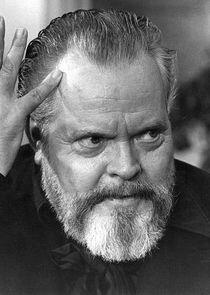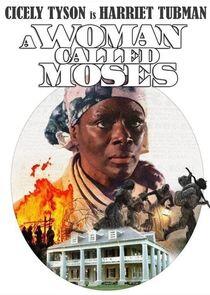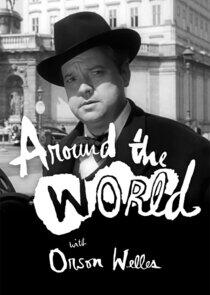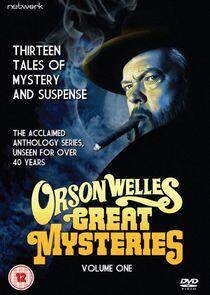
Orson Welles
Aged 21, Welles directed high-profile stage productions for the Federal Theatre Project in New York City—starting with a celebrated 1936 adaptation of Macbeth with an African-American cast, and ending with the political musical The Cradle Will Rock in 1937. He and John Houseman founded the Mercury Theatre, an independent repertory theatre company that presented productions on Broadway through 1941, including a modern, politically charged Caesar (1937). In 1938, his radio anthology series The Mercury Theatre on the Air gave Welles the platform to find international fame as the director and narrator of a radio adaptation of H. G. Wells's novel The War of the Worlds, which caused some listeners to believe a Martian invasion was occurring. The event rocketed the 23-year-old to notoriety.
His first film was Citizen Kane (1941), which he co-wrote, produced, directed and starred in as the title character, Charles Foster Kane. Cecelia Ager, reviewing it in PM Magazine, wrote: "Seeing it, it's as if you never really saw a movie before." It has been consistently ranked as one of the greatest films ever made. He directed twelve other features, the most acclaimed of which include The Magnificent Ambersons (1942), Othello (1951), Touch of Evil (1958), The Trial (1962), and Chimes at Midnight (1966). Welles also acted in other directors' films, playing Rochester in Jane Eyre (1943), Harry Lime in The Third Man (1949), and Cardinal Wolsey in A Man for All Seasons (1966).
His distinctive directorial style featured layered and nonlinear narrative forms, dramatic lighting, unusual camera angles, sound techniques borrowed from radio, deep focus shots and long takes. He has been praised as "the ultimate auteur". Welles was an outsider to the studio system and struggled for creative control on his projects early on with the major film studios in Hollywood and later with a variety of independent financiers across Europe, where he spent most of his career. Welles received an Academy Award and three Grammy Awards among other honors and accolades such as the Golden Lion in 1947, the Palme D'Or in 1952, the Academy Honorary Award in 1970, the AFI Life Achievement Award in 1975, and the British Film Institute Fellowship in 1983. British Film Institute polls among directors and critics in 2002 voted him the greatest film director ever. In 2018, he was included in the list of the greatest Hollywood actors of all time by The Daily Telegraph. Micheál Mac Liammóir, who worked with the 16-year-old Welles in the Dublin's Gate Theatre and played Iago in his film Othello (1951), wrote that "Orson's courage, like everything else about him, imagination, egotism, generosity, ruthlessness, forbearance, impatience, sensitivity, grossness and vision is magnificently out of proportion."
Biography from the Wikipedia article Orson Welles. Licensed under CC-BY-SA. Full list of contributors on Wikipedia.
Known For
Recently Updated Shows

48 Hours
48 Hours is a CBS news magazine that investigates intriguing crime and justice cases that touch on all aspects of the human experience. Over its long run, the show has helped exonerate wrongly convicted people, driven the reopening -- and resolution -- of cold cases, and changed numerous lives. CBS News correspondents offer an in-depth look into each story, with the emphasis on solving the mystery at its heart. The program and its team have earned critical acclaim, including 20 Emmys and three Peabody Awards.

Invasion
Earth is visited by an alien species that threatens humanity's existence. Events unfold in real time through the eyes of five ordinary people across the globe as they struggle to make sense of the chaos unraveling around them.

Wednesday
Smart, sarcastic and a little dead inside, Wednesday Addams investigates a murder spree while making new friends — and foes — at Nevermore Academy.

Alien: Earth
When the mysterious deep space research vessel USCSS Maginot crash-lands on Earth, Wendy and a ragtag group of tactical soldiers make a fateful discovery that puts them face-to-face with the planet's greatest threat.

Peacemaker
This James Gunn-created series continues the saga of Peacemaker, a vainglorious superhero/supervillain who believes in peace at any cost — no matter how many people he has to kill. After a miraculous recovery from his duel with Bloodsport, Peacemaker soon discovers that his freedom comes at a price.


